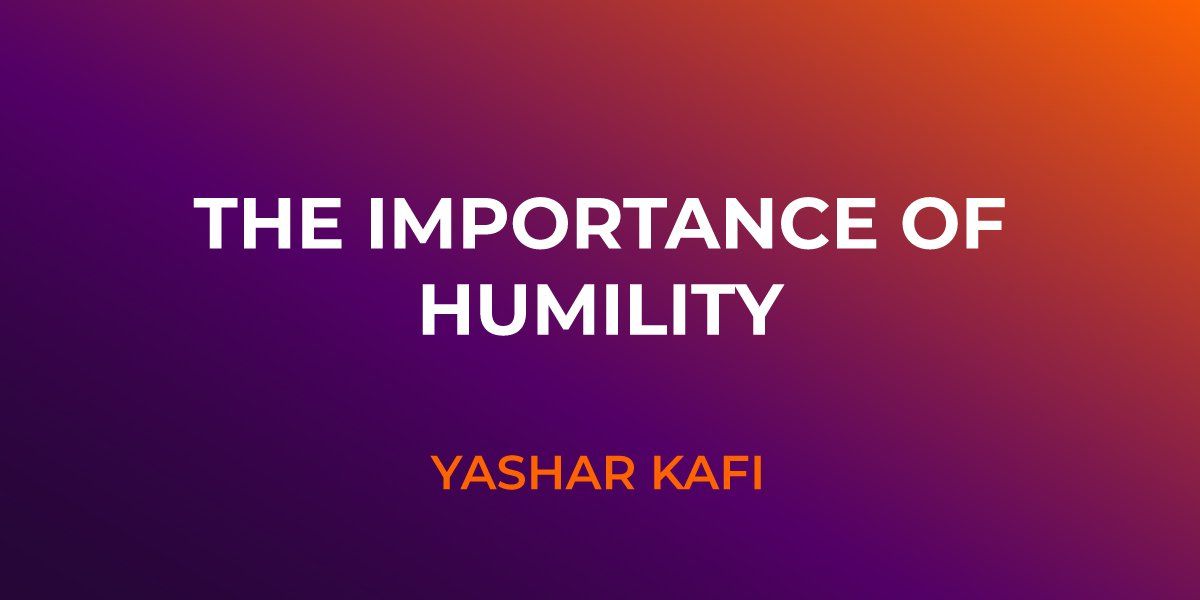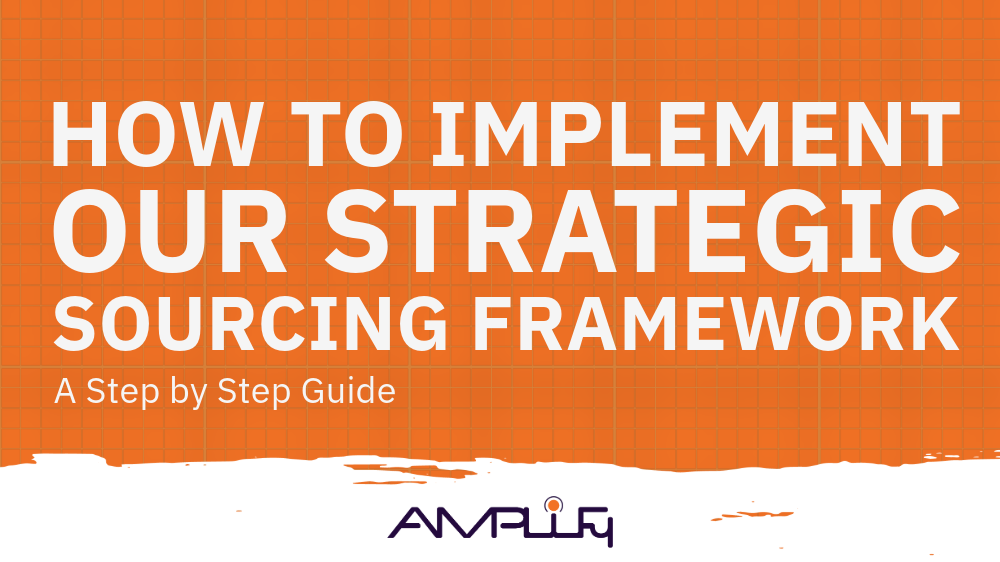The Importance of Humility
Humility is one of those traits that people seldom think about, yet regularly encounter. It’s got to be one of the most underrated qualities, seemingly lost in the transition to modernity, given that remaining humble is a pretty old-fashioned, maybe even traditional trait. It’s in the holy scriptures, after all. Old though it may be, I can’t help but think that the world today, with all its bells and whistles, could do with a new wave of humility as soon as possible.
“The first thing is, to be honest with yourself. You can never have an impact on society if you have not changed yourself…. Great peacemakers are all people of integrity, of honesty, but humility.”
Nelson Mandela
What is Humility?
Humility, as defined by pretty much everybody, “is the quality of having a modest or low view of one’s importance—humbleness.” In other words, it’s placing little importance on your ego, and not being dependent on the limelight for validation—something which many people today do need, hence the growth of apps like TikTok and its predecessor, Vine.
Many people see humility as some sort of weakness, but in reality, the ability to remain humble is one of the strongest and most essential traits somebody can have. I’d even go as far as saying that humility is a form of modesty that, if you have ambition, will get you far further in life as a person, and as an eventual leader, than arrogance. Why? Because when an arrogant person strolls into the room, they assume that everybody else is inferior, and they know everything that they need to know—they’ve got a superiority complex and a self-inflatable ego. That mindset doesn’t allow for self-improvement and hinders any development because an arrogant person usually stubbornly refuses to recognize their flaws.
Life is a constant learning curve, and without humility, there’s an inability to identify flaws and weaknesses within yourself, which prevents any sort of positive development as years go by.
Humility Brings Harmony
We’ve established that humility is necessary for self-improvement, but with a degree of emotional intelligence, it becomes a key factor for a person’s inner well-being. I don’t know about you, but I find that life and work can get pretty stressful at times, and I’ve noticed that the more arrogant among us tend to become increasingly angry and frustrated whenever they fail in their endeavors. It’s humility that allows us to avoid that; if you’re humble, you recognize that you aren’t going to get it right every time, and simply take the failure as a lesson to be learned from, before picking yourself up, dusting yourself off, and going again. Humility, weak though it may seem, makes a person surprisingly resilient. Ironic, really.
I, and—I think—most people in the leadership space, believe that humility begins with accepting who you are and what makes you human. Once we come to terms with our, unfortunately, resounding insignificance in the grander scheme of things, we suddenly gain control over our attitude and outlook on life. Combine humility with your innate passion for life and success, and I believe that anybody can overcome adversity and reach for the stars.




